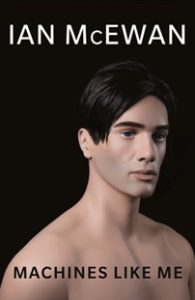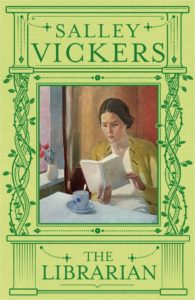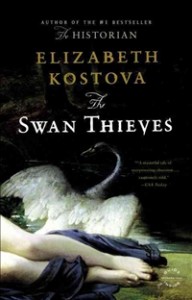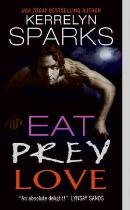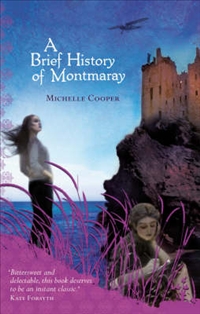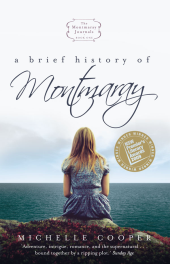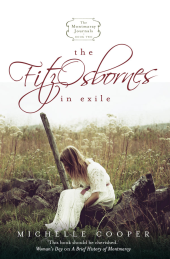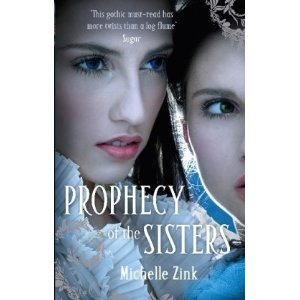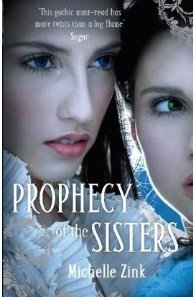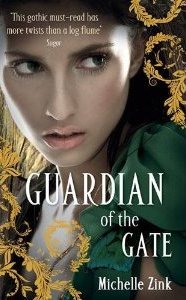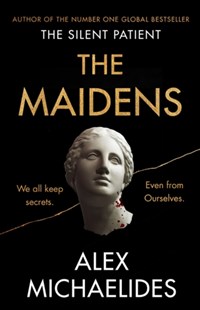
The plot feels so very familiar. A murder in a Cambridge college, a strange sect around a charismatic academic, someone from the outside (in this case, Mariana, the aunt of the best friend of the victim) brought in to investigate, scraps of ancient Greek left as clues, a soupcon of the supernatural.
One thinks of Deborah Harkness, Donna Tartt, even the wonderful Amanda Cross (Death in a Tenured Position). However, somehow Michaelides doesn’t quite pull it off. It feels flat, the characters two-dimensional despite the forensic psychology aspect of the work.
Despite this, there are many great elements – the evocation of Cambridge. Michaelides really captures the feel of it. On occasions his sense of place is beautifully done – the trappings of the college, the wild areas around the river – plus there is a sense of the excitement of academia and campus love affairs – a heady mix of new thoughts and new feelings. But all this is fleeting and overlaid by a fairly unbelievable plot.
Michealides prefers to concentrate on the psychology, (of both classics lecturer Edward Fosca, whom Mariana suspects of the grisly, ritualistic murder of the undergraduate, and of the amateur detective Mariana herself, an alumnus of the College). Plus there are the cold, haughty ‘maidens’ of the title. Much more could have been made of these figures. The end result is characters that twist and turn to conform to Michaelides thesis at the expense of some sort of depth or consistency.
If you can go with it on the psych theory level, you might also be able to accept the final reveal but, to me, it was too far-fetched to be satisfying. There are much better novels in this genre, Pamela Dean’s Tam Lin, for example.


